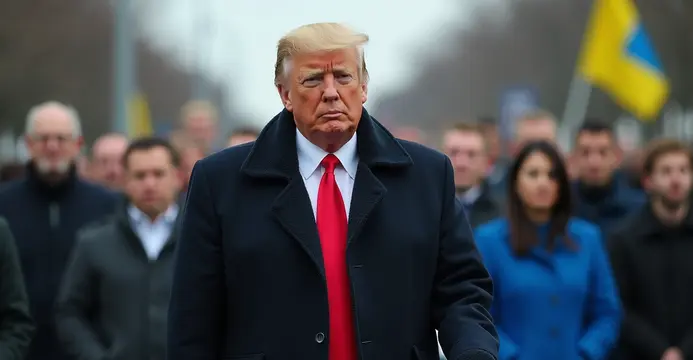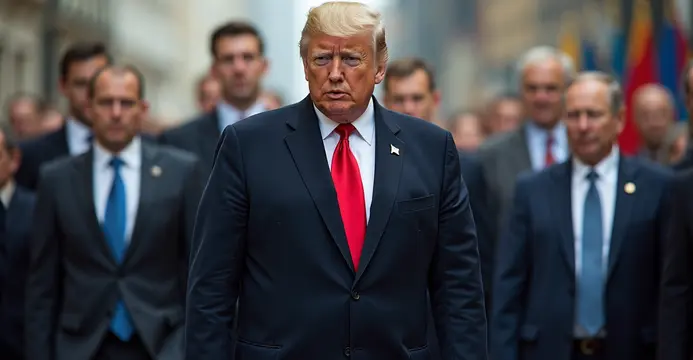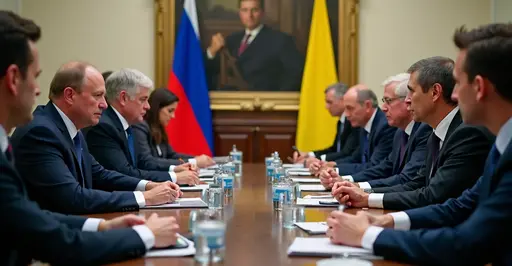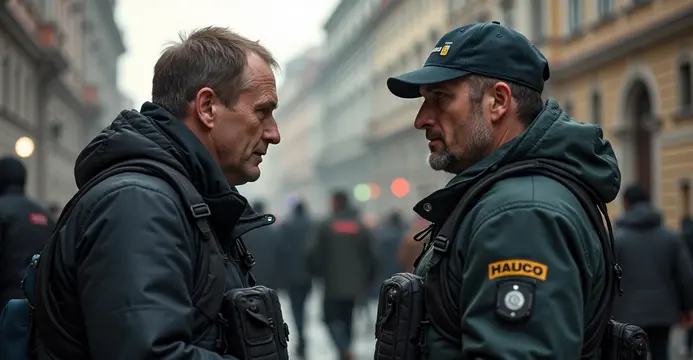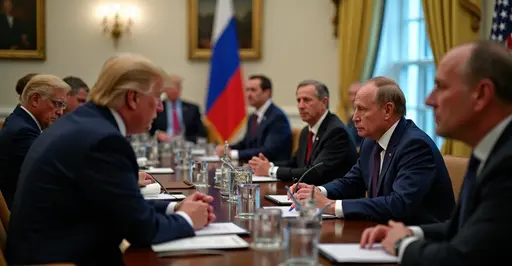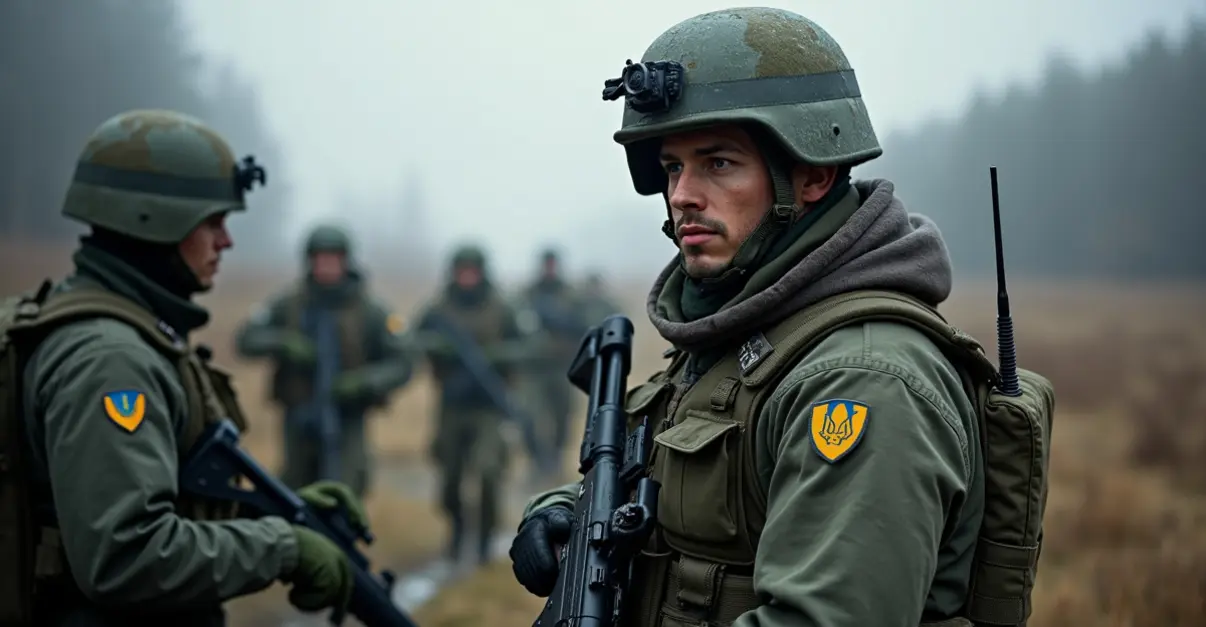
European Defense Ministers Gather for Critical Security Talks
European Union defense ministers are convening in Copenhagen for a crucial two-day meeting to discuss comprehensive security guarantees for Ukraine. The discussions come at a pivotal moment following recent diplomatic engagements between world leaders, including the Trump-Putin summit in Alaska and President Trump's meeting with Ukrainian President Zelensky and European leaders at the White House.
The Coalition of Willing Nations
A coalition of approximately thirty countries, including major European nations, Canada, Australia, and Japan, has committed to developing detailed security guarantee plans for Ukraine. This initiative gained momentum earlier this year when it became clear that European nations could no longer rely on automatic military support from the United States.
Military Reinforcement Strategy
According to European Commission President Ursula von der Leyen, the primary objective is to transform Ukraine into a "steel hedgehog" - a nation so well-defended that any potential aggressor would find it "indigestible." Military experts emphasize that Western countries must continue and even intensify their arms supplies to Ukraine to achieve this goal.
Demilitarized Zone Proposal
The Financial Times reports that discussions include establishing a demilitarized zone in Ukraine, potentially guarded by a neutral peacekeeping force. The Ukrainian army would form the first line of defense, while troops from the Coalition of Willing nations would provide a secondary protective layer.
American Support Commitments
President Trump has reportedly pledged American support through military intelligence, command structures, and other necessary resources to help secure Ukrainian airspace. While the bulk of security guarantees will fall to European nations, Trump's recent commitment to remain involved has been crucial for many countries considering participation in potential missions.
Historical Context and Ukrainian Concerns
Ukraine's President Zelensky insists that any security guarantees must be legally binding, citing the country's negative experience with the 1994 Budapest Memorandum. In that agreement, Ukraine surrendered its nuclear weapons in exchange for security assurances from Washington and Moscow, which proved worthless during Russia's annexation of Crimea in 2014 and the full-scale invasion in 2022.
Challenges and Skepticism
Despite the diplomatic momentum, significant challenges remain. Military experts estimate that tens of thousands of troops would be needed to provide adequate deterrence. Russia has repeatedly stated it would not accept European troops in Ukraine, and many European capitals remain cautious about the feasibility and timing of security guarantee discussions while active combat continues.

 Nederlands
Nederlands English
English Français
Français Deutsch
Deutsch Español
Español Português
Português



